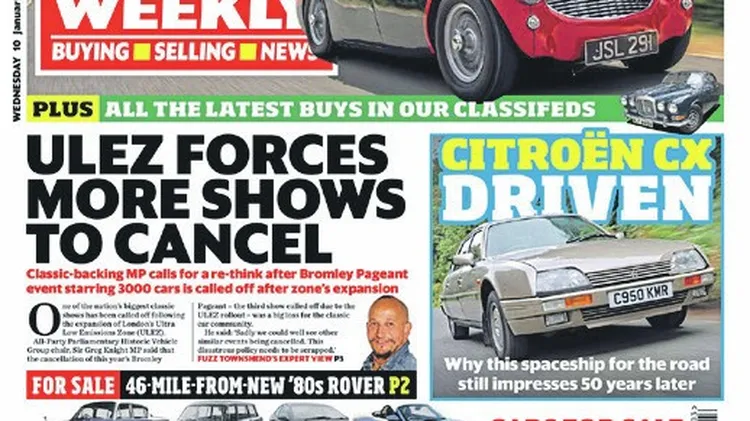Motorists are conned out of large sums of money ea
Most common car scams and how to avoid them
10 min read
This article is from...
Read this article and 8000+ more magazines and newspapers on Readly






